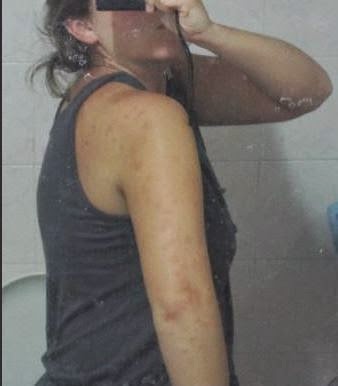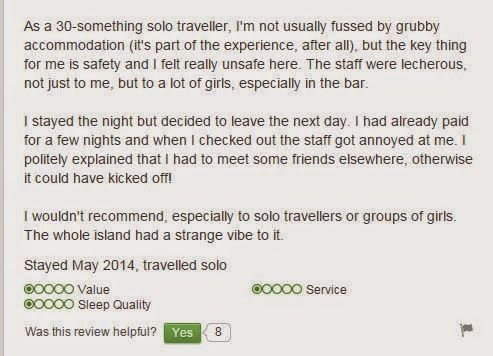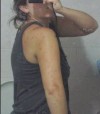Here’s some news to start off the day – The Southern Hotels Association according to PBS News wants a hand in controlling the tourists who come to Thailand.
 The organization wants ‘quality’ or ‘high spending’ tourists – ‘at an appropriate level to match the capacity with accommodation’ but then goes on to say of 70,000 hotel rooms available on Phuket – 60 per cent are illegal – and the Northern Hotels Association says that 60 per cent are illegal too.
The organization wants ‘quality’ or ‘high spending’ tourists – ‘at an appropriate level to match the capacity with accommodation’ but then goes on to say of 70,000 hotel rooms available on Phuket – 60 per cent are illegal – and the Northern Hotels Association says that 60 per cent are illegal too.
Either this is a drive for new members, or if tourists are struck down by a death virus – there is no one to turn to.
That’s all very well but are not these associations leaving out the thousands of places which are not three to five star – and need customers too.
These include those mafia run places where the staff are greedy and lecherous and the bed-bugs are just downright greedy.
Do they intend to means test tourists and ask the same questions British immigration for incoming Thais?
Read:(LINK HERE)
The Southern Hotels Association has suggested that the number of tourists visiting Phuket in the future should be kept at an appropriate level to match with the capacity of accommodation.
Mr Krisda Tansakul, president of the Southern Hotels Association, said today (Thursday) the idea of controlling the number of tourist arrivals in Phuket was floated at a recent meeting with Mrs Kobkarn Wattanawarangkun, minister of tourism and sports.
He said that idea was meant to screen tourist arrivals with emphasis on “quality” or high-spending tourists.
 |
| A review for a currently very controversial resort on Koh Tao – probably not part of the Southern Hotels Association |
He pointed out that Phuket was overwhelmed with tourists many of them arriving in tour groups and, hence, prompting a surge of illegal and inexpensive hotels to accommodate the budget tourists often leading to price cutting.
Mr Krisda disclosed that many four-star hotels which are popular among tourists have slashed their prices down to approximate 2,500 baht per day in order to remain competitive with 3-star hotels.
There are 70,000 hotel, service apartment and condominium rooms in Phuket but 60 percent of them are illegal, said Mr Krisda.
Mrs La-iad Bungseethong, president of the Northern Hotels Association, said that 60 percent of hotels in Chiang Mai are illegal and they have engaged in fierce price cutting to outdo one another to attract customers.




We all know about the Thai practice of raising prices in response to falling demand, now we can add intervening to restrict demand in order to – fingers crossed – make higher prices more popular.
The point is, there is huge over capacity here in Thailand at almost every level. They have misjudged supply which in bad times will spell a buyers market. There will be good times for hoteliers but these will inevitably be for short periods in peak season and even then they are prey to international trends beyond control. Greed, poor service and falling standards will inevitably further downgrade the demographic.
It's their own fault: they permit unrestricted development facilitated by corruption and cronyism.
Reminds me of the response of Thailand to the Asian Financial Crisis in the mid 90s.
When the crash first hit, Thailand's local trade disappeared completely – it was not for expats to find themselves the only person sitting in a restaurant, one of few guests in hotels.
Hard currency expats and tourist meanwhile enjoyed every facility at between a half and a quarter of the price these had been months earlier.
The cost to the local businesses to provide service to these customers had not changed, they, the business still paid staff and for goods and services in local currency.
But greed set it.
Almost overnight all the main hotels switched to charging foreigners in US$ – As David Anderson points out – when demand falls Thai businesses adjust prices to ensure the profit they believe they are entitled to remains the same.
Complaints of 'illegal' businesses are nothing more than efforts to keep the easy business of milking foreigners to themselves.